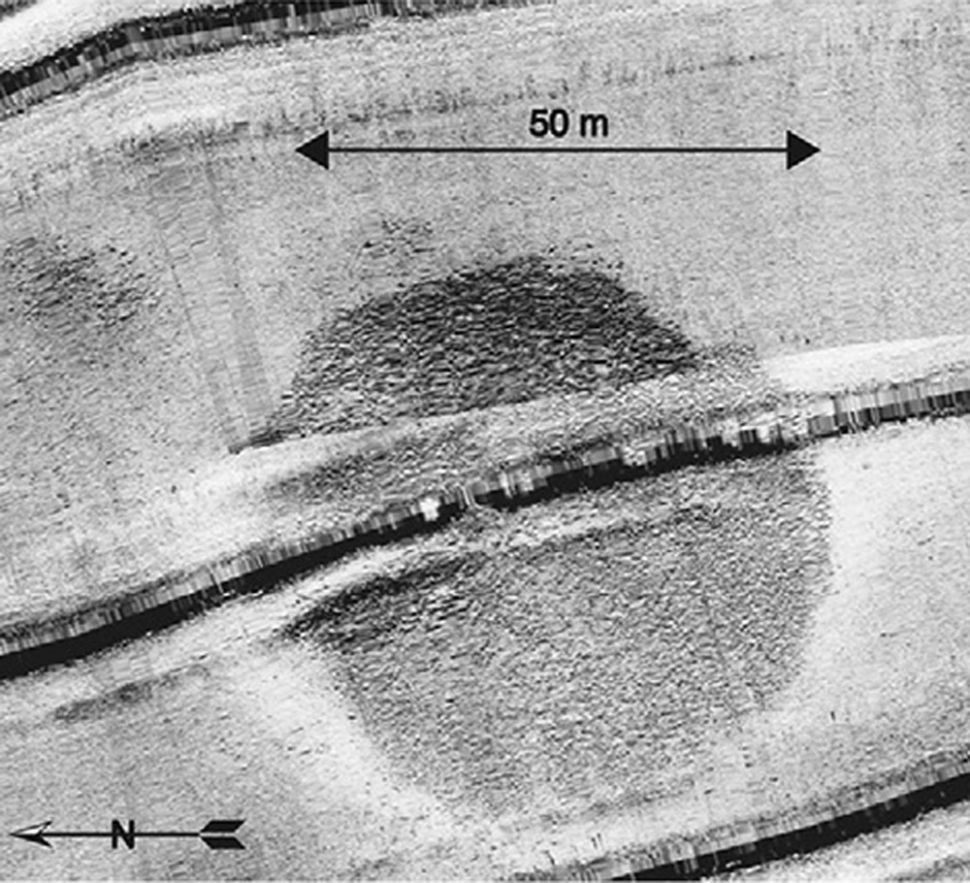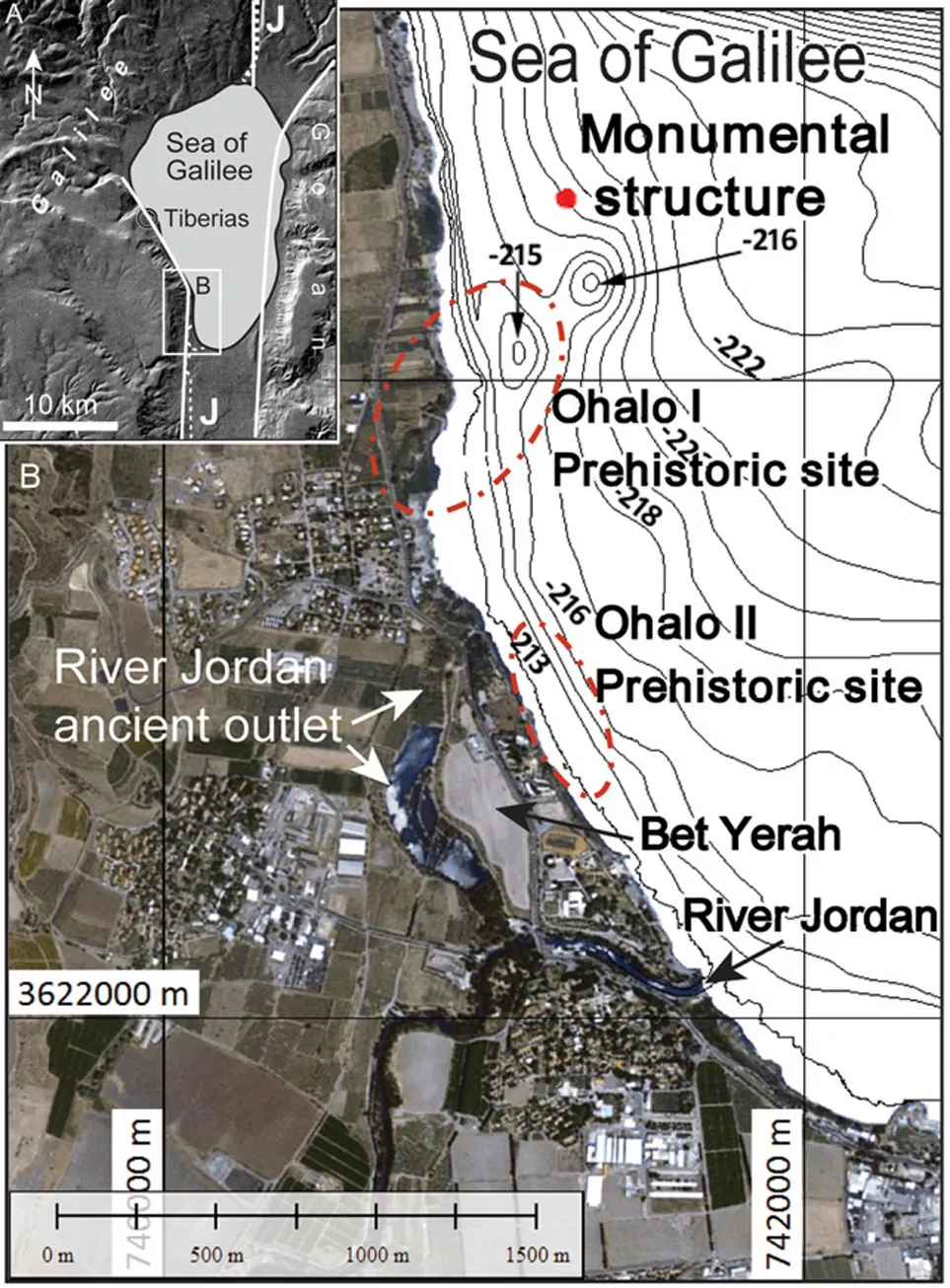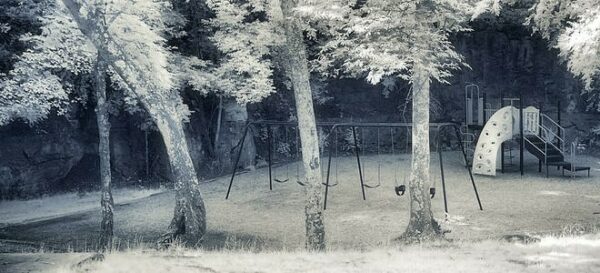In 2003, a team of Israeli archaeologists were conducting a seabed survey upon the Sea of Galilee, presuming that it would just be a bunch of murky mud and blurry fish, like always. Then they found something really strange underwater ― a humongous round circle.

So what could it be? Is that supposed to be Godzilla’s skid mark or something more bizarre? What will be the explanation to this huge darkish smudge under the sea?
Because this is the zoomed-out version. Up close, you’d see that the harmless smudge up there was actually made up of thousands of meticulously arranged stones. This cone-shaped collection measures 230 feet in diameter, stands 39 feet high, and weighs at least 60,000 tons.
This makes it roughly twice as big as Stonehenge and six times heavier than the Eiffel Tower. It’s huge, ancient, on the bottom of the sea; and it’s not a natural formation at all.
It’s hard to pinpoint a possible civilization that could have built this thing, since scientists say it could be anywhere from 2,000 to 12,000 years old. They have speculated that it was most probably built on land and flooded afterward.

To date, we have no idea what its purpose was, either: One suggestion is that it might have been an artificial fish nursery, another theory notes a similarity with ancient European burial sites, and still a third insists it’s Reverse Atlantis, destined one day to catastrophically rise from beneath the sea.




